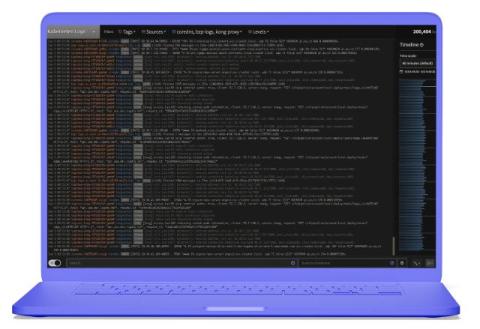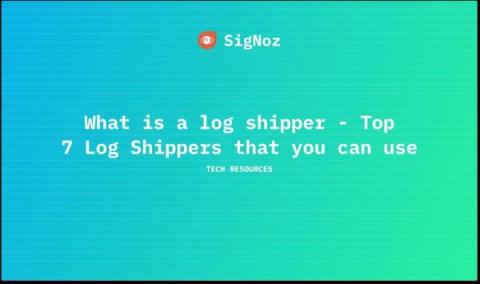How To Integrate Python with Logit.io
Designed in the early 1990s Python was built to emphasize code readability and on the principle that there should be one way to do things. Python is one of the most popular programming languages and is utilized for a range of purposes including machine learning, web applications, and data analysis.










